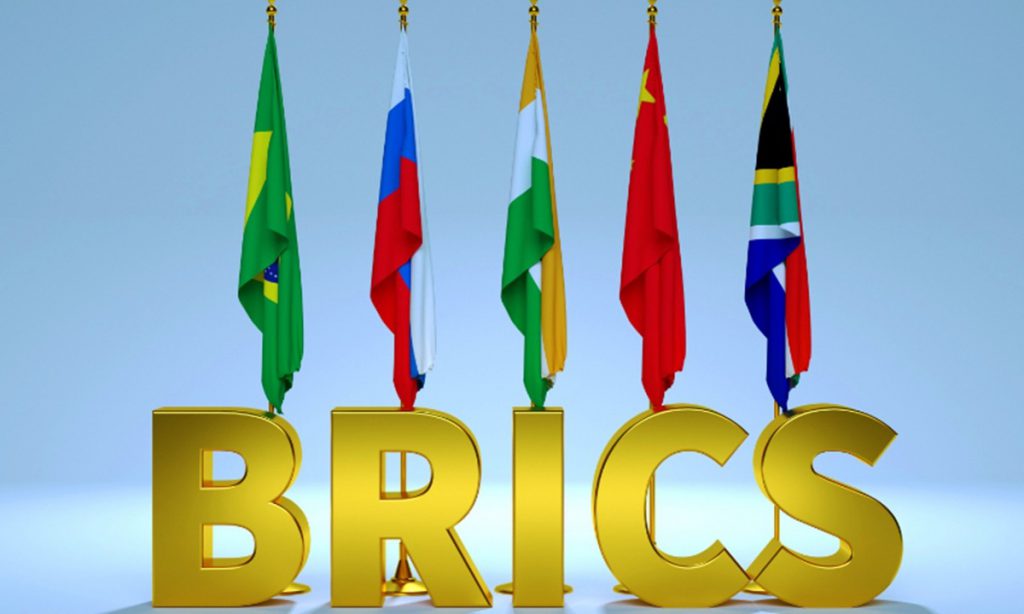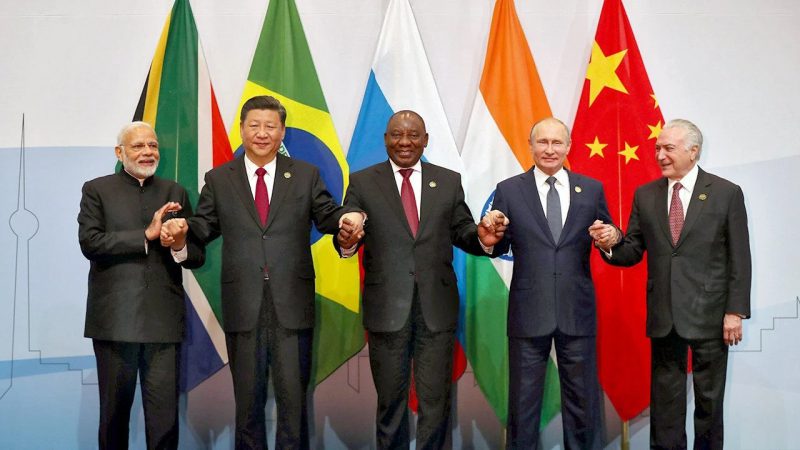In a recent interview, Russian economist and politician Servei Glazyev said that a BRICS global trade currency is “inevitable” amid the current economic landscape. Indeed, Glazyev discussed the idea of one alliance-wide unit for intentional trade. Moreover, the idea has remained a point of emphasis for the bloc for much of the year
Speaking to TV BRICS, Glazyev called the monetary situation in the world “irrational.” Subsequently, he referenced interest in “deep reforming of the international financial system” as a propelling factor for a currency’s development. He discussed the growing absence of the US dollar and how that could also factor in.
The continued decrease in the dollar’s usage in international economics has informed the need for a different unit of account for global settlements. Therefore, the prospect of a single currency may not be as far-fetched as some have assumed.


Also Read: What Happens if BRICS Asks US & Europe to Pay Local Currency for Oil?
Russian Economist Discusses The Growing Potential of the BRICS Currency
Amid the BRCICS growth and rise in relevance, the alliance has discussed the idea of a singular currency. Indeed, the prospect has been raised with a bevy of ideas on how to support it. Whether it be a digital asset or pegged to gold, the discussions have been ongoing.
Yet, as many have disregarded the feasibility of this idea, one Russian economist has stated that the BRICS trade currency may be “inevitable.” Speaking with TV BRICS, Sergey Glazyev discussed why the global economic landscape may be perfect for its implementation.


Also Read: USD Reserve Status Threatened by Government Spending
“I think it is investible,” Glazyev stated regarding a BRICS trade currency. “The countries that will determine global economic development are interested in deeply reforming the international financial system.”
Additionally, he discussed the overall decrease in US dollar reliance. “In trade within the Euroasian Economic Union, we have almost completely switched to national currencies,” he stated. “If we talk about trade with Russia, there is almost 100% substitution of these currencies by the ruble.”
Glayzev added, “Across the entire spectrum of our partners, we see the dollar and the euro being rapidly ousted from international settlements.” Thereafter, he assured the BRICS bloc has “a model for such a currency. It is based not only on a basket of national currencies of the member countries but also on a basket of exchanged commodities.”





